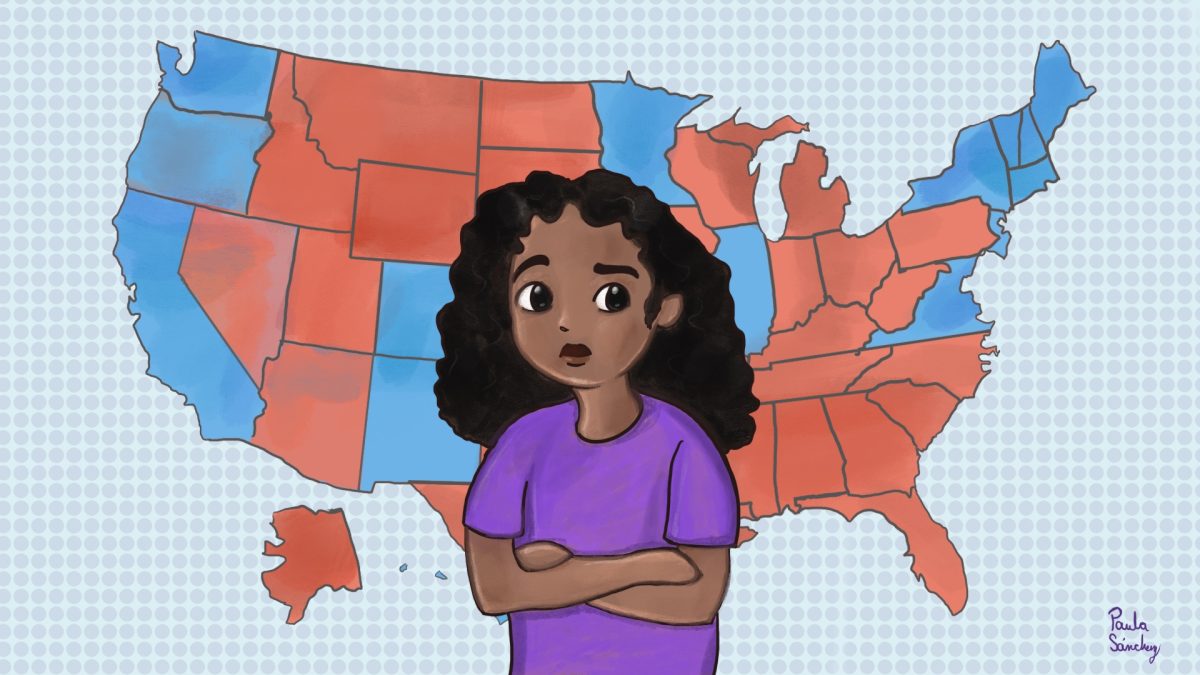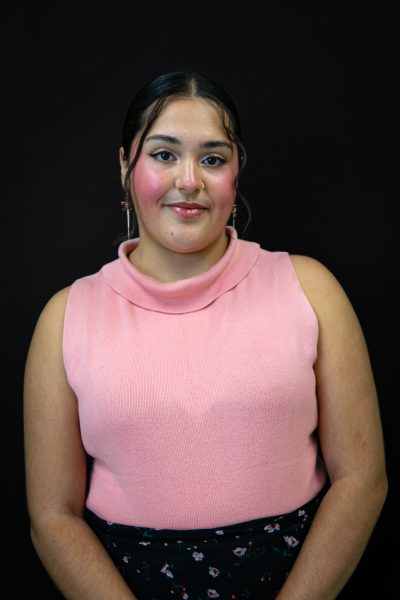SEX ISSUE
Last summer in Illinois, pharmacists were able to dispense birth control without a prescription from a doctor, and soon, people will be able to get an over- the-counter oral contraceptive.
The FDA approved the over-the-counter sale of Opill, a progestin-only pill, which has only ever been available through a prescription. Most emergency contraception pills are already available without a prescription.
So-called morning after pills work before ovulation. “If you’ve already ovulated, implantation has already happened,” said Adriann Myers-Woods, a nurse practitioner at All for Women’s Health Clinic in Chicago. They can “prevent your ovaries from releasing that egg, so put the brakes on that mature egg” by using the hormone progesterone to disrupt the lining of the uterus, where implantation occurs, causing it to shed,” said Myers-Woods.
But it also can cause side effects.
Recent Columbia graduate Erin Arzich recalled experiencing an array of side effects after taking two doses of the levonorgestrel morning-after-pill within two months during her sophomore year. This included an irregular period for five months, migraines, weight gain and increased anxiety.
“Don’t underestimate how this could change your body and also your mental health, because that’s a lot of hormones that you’re taking,” Arzich said.
Emergency contraception is legal in all 50 states. It does not end a pregnancy. Two-thirds of women of childbearing age (18-49) incorrectly believe emergency contraceptive pills can end a pregnancy in its early stages, according to a KFF Health Tracking Poll.
KFF is an independent, non-profit organization focused on national health issues.
First-year film and television major Teddi Karnes experienced dizziness, and her period started a week earlier after taking an emergency contraceptive pill.
“I was kind of terrified because they talk in the little booklet about implantation bleeding, which means you’re pregnant,” Karnes said.
Myers-Woods said irregular bleeding is an expected symptom of the pill that can last up to three months.
“Estrogen is a hormone that says, ‘Hey, don’t bleed, let’s keep the uterine lining super duper stable.’ So, that’s where you get a short light period once a month with your pill,” Myers-Woods said.
Pills with levonorgestrel are the most known morning-after pill, with brands such as Plan B One-Step, Take Action and My Way. These can be purchased over the counter at most pharmacies and drugstores ranging from $10 to $50. With health insurance or Medicaid, they can be prescribed for free or at a lower rate by a healthcare provider.
Levonorgestrel pills may not work if you weigh over 165 pounds. The other contains ulipristal acetate, and Ella is the only brand available. By prescription, this medication can cost up to $90 without health insurance.
According to Planned Parenthood, Ella is the most effective type of emergency contraceptive pill, but it works best if you weigh less than 195 pounds. There is a five-day window to consume orally compared to levonorgestrel pills which work best within 72 hours. However, it is recommended to take either version of the pill as soon as possible.
Fortunately, there is an emergency contraceptive that works during ovulation, is hormone-free and 99% effective in preventing pregnancy.
“The Paragard or the copper IUD is the only type of IUD that can be used for emergency contraception and that’s because the copper ring around the body and the arms of the device actually kills sperm, or makes the uterus an inhospitable place for sperm,” Myers-Woods said.
Karnes said it is important to take the stigma away from emergency contraception.
“We’re all college students, we’re all gonna have stories, we’re all gonna have crazy nights,” she said.









